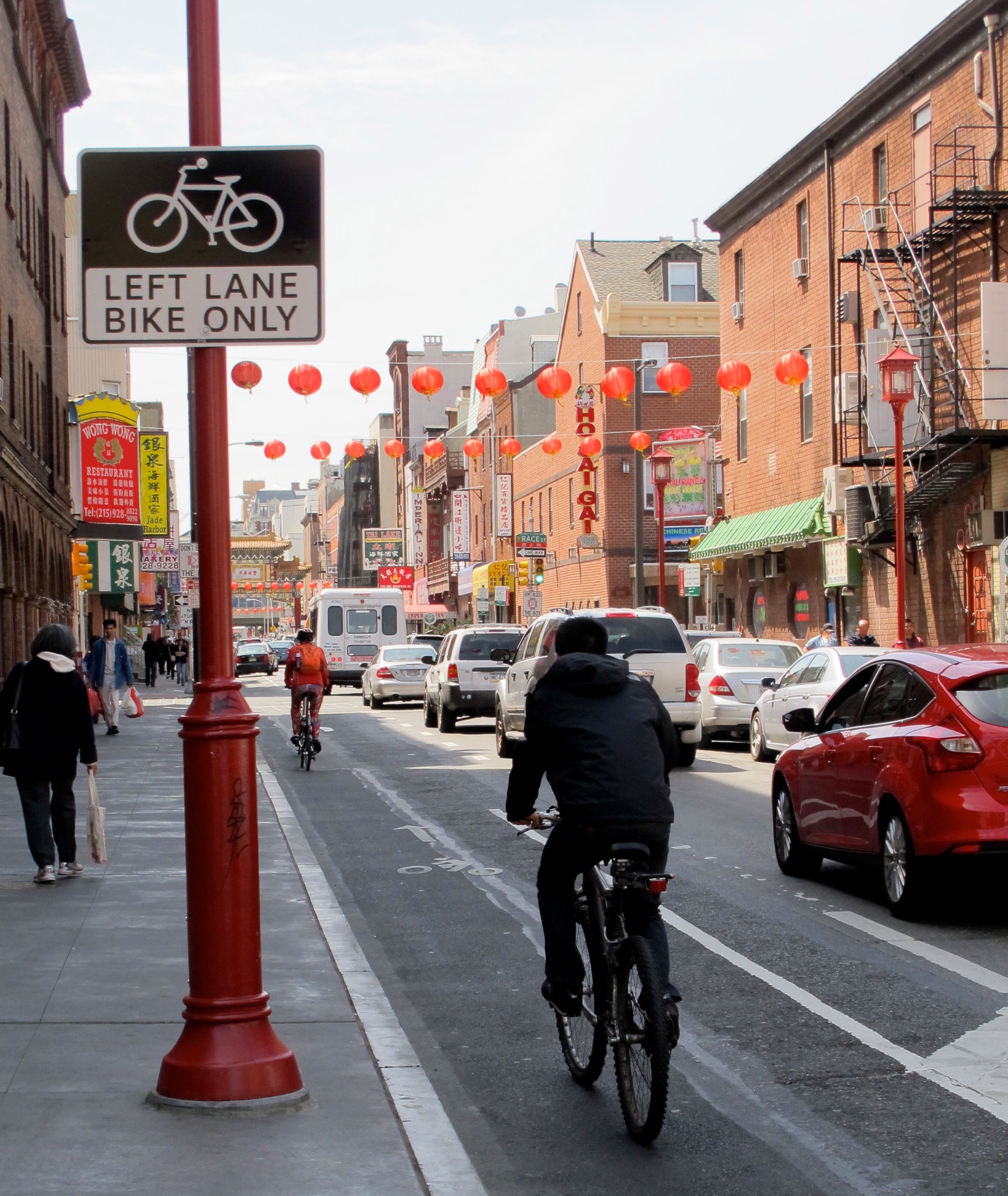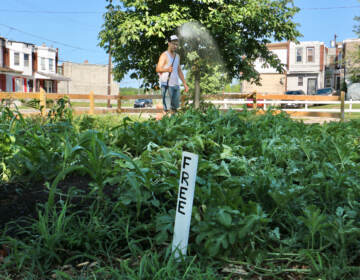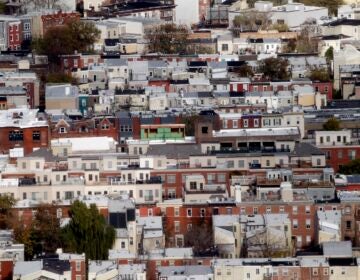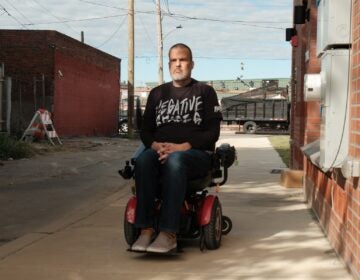Bills to build new bike lanes advance in City Council

A trio of bills to expand Philadelphia’s disjointed bike lane network advanced out of City Council’s streets and services committee Wednesday. The legislation is expected to be introduced to the floor of the full Council Thursday and may be voted upon as early as next week. The city hopes to have the lanes operational by the end of the year, city spokesman Mike Dunn wrote in an email.
“It’s good news, three small steps, but three important steps,” said Bob Previdi, policy coordinator for the Bicycle Coalition of Greater Philadelphia. “That’s how this gets done.”
The first two bills call for new, short bike lanes on Race Street in Chinatown and on Island Avenue near Philadelphia International Airport. The third removes parking on Torresdale Avenue to allow for a crosswalk connecting two sides of the Pennypack Trail. If the bills are approved, the bike lanes could be operational by late summer or fall.
The new Race Street bike lane would replace a regular travel lane between 8th and 6th Streets with a bike lane, which would extend (without removing a lane) another block to 5th Street. The bike lane between 8th and 6th Streets would also be a parking-protected lane, in line with a road diet for Race Street first proposed in 2015. The lane would become unprotected past 6th Street, as Race narrows there to just two lanes with significantly less traffic before 6th Street, where traffic approaches the Benjamin Franklin Bridge.
Reducing the number of lanes with automotive traffic would make crossing Race Street to get to Franklin Square easier for pedestrians as well, noted Councilman Mark Squilla, who represents the area.
“I think it’s a great way to look at our streetscape and try to make it safer for all users…pedestrians, motor vehicles, and bicyclists,” Squilla said.
The Island Avenue lane would run between Penrose Avenue and Enterprise Avenue. It would not be a protected route. Previdi said it would make it easier for airport employees to find convenient bike parking and improve connections to nearby Fort Mifflin.
At Wednesday’s hearing, Squila said he hoped the city would pick up the pace on expanding the city’s bike lane network. Mayor Jim Kenney ran for office on a bike-friendly platform, promising voters 30 miles of protected lanes.
As of September, two years into his term, only two miles of protected bike lanes had been built. The slow roll forward can be partially blamed on politics. In Philadelphia, all bikes lanes that take away a travel lane must be approved by the City Council. The position of a single neighborhood group can make or break a proposal “If we’re really going to adhere to our Vision Zero plan [to reduce traffic crashes], I think this is just a start on what we can do into the future,” said Squilla.
WHYY is your source for fact-based, in-depth journalism and information. As a nonprofit organization, we rely on financial support from readers like you. Please give today.






